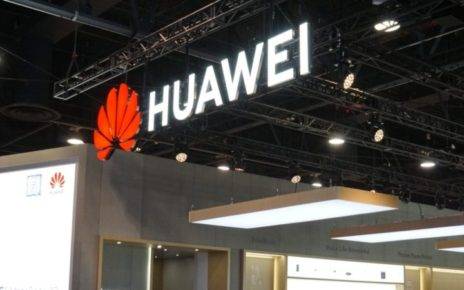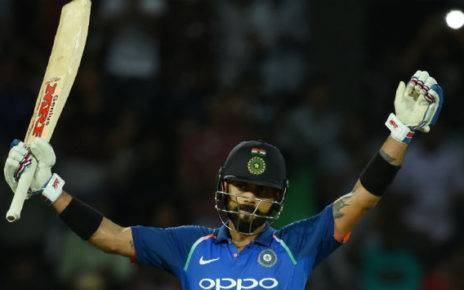The nation’s gaming industry is gaining investor support as Indians are more willing to pay for games. The future is not cloudless though with the lack of national regulation and RMG licensing.
Attracted Funding Grows by Almost 110 Per Cent YoY
The gaming startups in India have roped in $436 million in funding between January 1 and October 25, 2021, recording an abrupt growth by 109.6 per cent compared with the $208 million raised during the same period of 2020.
A September funding round by e-sports skill-based games platform Mobile Premier League (MPL) reportedly accounted for $150 million of the total funding attracted by the sector. The Bengaluru-based platform, which boasts a user base of more than 85 million people in India, Indonesia and the USA, achieved unicorn status with this round with a valuation of $2.3 billion.
The funding round was led by UAE-based investment company Legatum Capital, with participation from Accrete Capital, Gaingels, and existing investors Moore Strategic Ventures LLC and RTP Global. Previously, MPL raised $95 million being valued at $945 million in February.
Paying Users to Grow Threefold by FY 2026
A recent collaborative report by RedSeer Consulting and Lumikai gaming and interactive media VC company projected a threefold growth of the Indian gaming market between FY 2021 and FY 2026 when total gaming revenues are expected to reach $7 billion.
After a more than 50 per cent growth of new paying users (NPUs), currently 22 per cent of India’s 425 million gamers pay for their games and their number is expected to triple by 2025 when there would be 235 million paying gamers in the country.
Currently, paid Indian gamers spend an average of $16 (approximately ₹1,200) per year on games, with average monthly spending moving between $0.6 (₹45) and $3.5 (₹260) per user.
In-app purchases (IAPs) are expected to grow fastest for the next five-year period, with rates reaching 30-40 per cent. Nevertheless, real money casinos like 10Cric and casino games are envisaged to still account for the majority, or 53 per cent, of all revenues from gaming by FY 2026, followed by IAPs at 31 per cent and ads at 11 per cent.
Regulatory Uncertainty Poses a Risk for Homegrown Gaming Industry
New unicorn startup MPL and a number of other real money gaming platforms, including Nazara’s Halaplay, Delta’s Adda52, Games24x7’s RummyCircle and My11Circle, Ace2Three, RummyCulture, BalleBaazi, and others, started geo-blocking access to residents of Karnataka immediately after the state government notified the Police Act Amendment Bill which imposed an online gaming ban on October 5.
Basing their decision on several Supreme Court rulings, fantasy sport platform Dream11 didn’t cease online operations in Karnataka, and, on October 7, a FIR was registered against the Dream11 creators Bhavit Sheth and Harsh Jain for violating the new bill. The Karnataka High Court has issued a stay order on any coercive law enforcement action against the two, while the amendment is being challenged by various operators and industry body AIGF for being unconstitutional.
Estimates place Karnataka’s share of the Indian gaming market at 15 per cent and figures by the Internet and Mobile Association of India (IMAI) show that there are 92 Bengaluru-based gaming companies. These firms provide jobs to 4,000 people and have attracted investments worth ₹3000 crore just within the last three years.
Earlier this year, the Madras High Court had struck down similar amendments to the Tamil Nadu Gambling and Police Laws as being ultra vires to the Constitution, and the Kerala High Court had rejected an amendment to the Kerala Gaming Act that had banned online rummy.
The Industry is Calling for Central Regulation and Licensing
In a recent panel discussion on “The Future of the Gaming Business in India”, Gowree Gokhale, partner at global legal and tax advisors Nishith Desai Associates, and Roland Landers, CEO of the All India Gaming Federation (AIGF), jointly called for the adoption of a national regulation and a licensing regime on online real money gaming.
Mrs Gokhale pointed out that individual state legislations are difficult to be imposed on foreign operators and in online space in general, whereas a central law will be equally enforceable for all stakeholders, and that good models of RMG and casino licensing regimes can be found in the UK and other European countries.
Contemporary licensing frameworks focus on player protection and require operators to implement various responsible gaming measures and safety nets such as self-exclusion mechanisms, tools for monitoring risky behaviour, and black lists of problem gamers. Platforms are also obligated to maintain links to organizations that provide help and support to gamblers.
On the other hand, industry operators can only benefit from strict regulation requirements by showing integrity and building trust in customers on the way to a sustainable business. In the lack of a central law, industry operators try to achieve these goals by implementing self-regulation, as pointed out in the panel discussion.






2 thoughts on “Indian Gaming Startups Raise $436 Billion for Less Than 10 Months despite Regulatory Uncertainty”